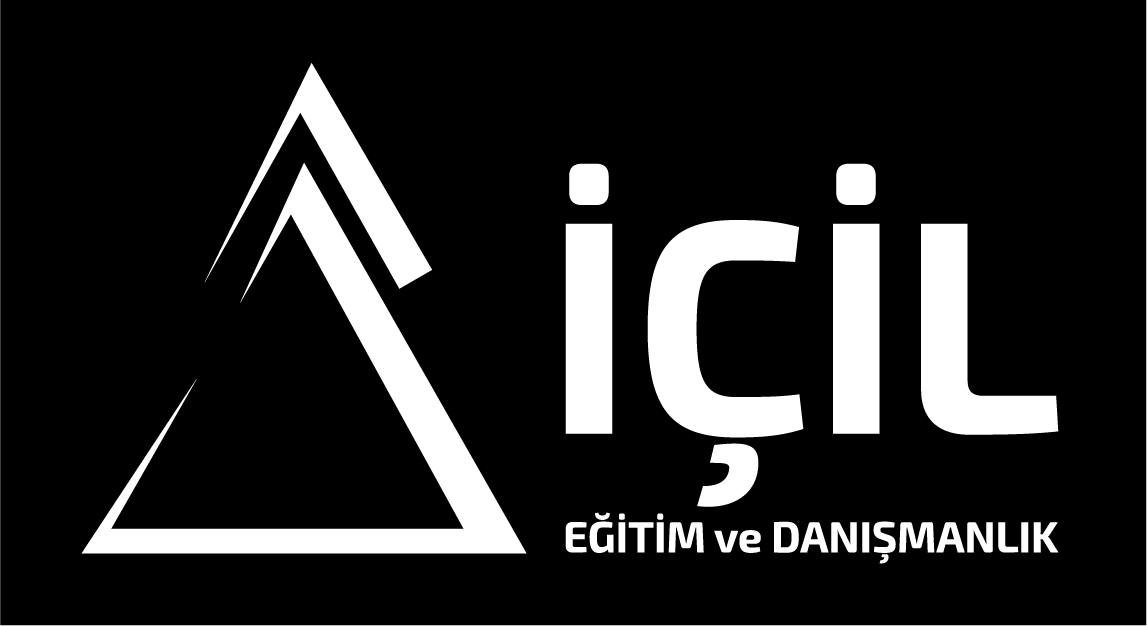How To Generate Organic Traffic To Your Website
In the fast-paced and competitive world of digital marketing, mastering the latest SEO strategies is key to driving organic traffic to your website. This comprehensive guide covers high-traffic keywords and actionable tips to help you optimize your content, increase search engine visibility, and attract a larger, qualified audience.
Understanding Keyword Research
Keyword research is the backbone of a successful SEO strategy. Tools like Google Keyword Planner, SEMrush, or Ahrefs allow you to uncover high-search-volume keywords that your audience is actively searching for. Focus on long-tail keywords—these longer, specific phrases often have less competition and signal higher user intent, which leads to higher conversion rates. For example, instead of targeting "SEO tips," try targeting "how to improve SEO for small business websites" to capture more relevant traffic.
Crafting Engaging Content
Once you've identified your target keywords, it's crucial to create SEO-optimized content that not only ranks well but also engages your audience. Use these keywords naturally in your titles, headings, and throughout your content. Consider producing high-quality blog posts, videos, or infographics that address your audience's pain points and provide solutions. When your content aligns with the search intent, you build trust and authority, encouraging users to explore your site further and boosting your dwell time (an important ranking factor).
On-Page SEO Optimization
For better on-page SEO, ensure that your target keywords are strategically placed in titles, headers, meta descriptions, and URLs. Your meta description should be compelling and relevant, as it impacts click-through rates (CTR). Don’t forget to optimize images with alt tags that include keywords and compress them for faster loading times. Website speed is essential for both SEO rankings and user experience, with faster websites ranking higher on Google.
Building High-Quality Backlinks
Backlinks are still one of the most powerful ranking factors in SEO. Focus on getting high-quality backlinks from authoritative, relevant websites. This can be done through guest blogging, partnerships, and contributing to industry forums. Create link-worthy content like detailed guides, research reports, or data-driven posts that naturally attract backlinks. Remember, the quality of backlinks matters more than quantity, as high-authority backlinks can boost your rankings significantly.
Leveraging Social Media for SEO
Social media marketing plays a key role in generating organic traffic. Regularly sharing your content on platforms like LinkedIn, Twitter, or Facebook can increase your content's visibility and bring more visitors to your site. Use trending hashtags and actively engage with your audience to foster relationships. Collaborate with influencers or brand advocates to amplify your content and build credibility. While social signals themselves aren’t direct ranking factors, they contribute to traffic growth and brand awareness.
Monitoring and Optimizing Your SEO Efforts
It's essential to monitor your SEO performance using tools like Google Analytics or SEMrush. Track important metrics such as organic traffic, bounce rate, and time on page. Regular analysis will help you identify which keywords or content pieces are performing best and where improvements are needed. Continually updating and optimizing your content for new trends or algorithm changes will ensure you stay competitive and maintain growth in your organic search rankings.
By understanding and applying the principles of keyword research, creating engaging SEO-friendly content, and building authoritative backlinks, you can significantly improve your organic traffic. Combine these efforts with active social media promotion and regular SEO analysis, and you'll be well on your way to achieving sustainable growth.

